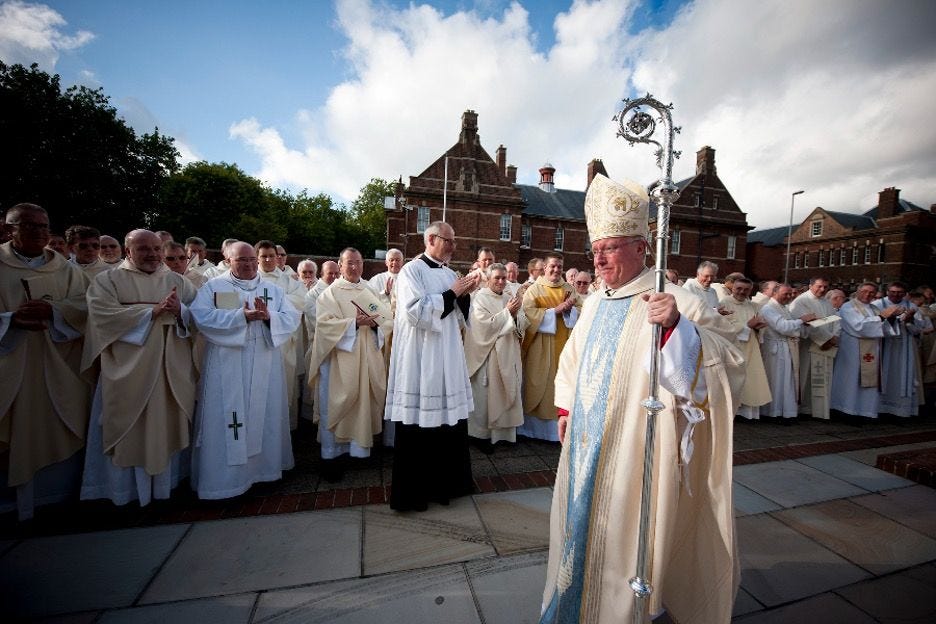‘We are in a new apostolic age’: England’s Bishop Egan on the call to evangelize

Bishop Philip Egan spent the 10th anniversary of his episcopal ordination flying over the Atlantic on an Airbus A380, the world’s largest passenger airliner. He was returning home after a Saint Paul Evangelization Society (SPES) conference in Washington, D.C.
Egan became the eighth bishop of Portsmouth, southern England, on Sept. 24, 2012, the feast of O…
